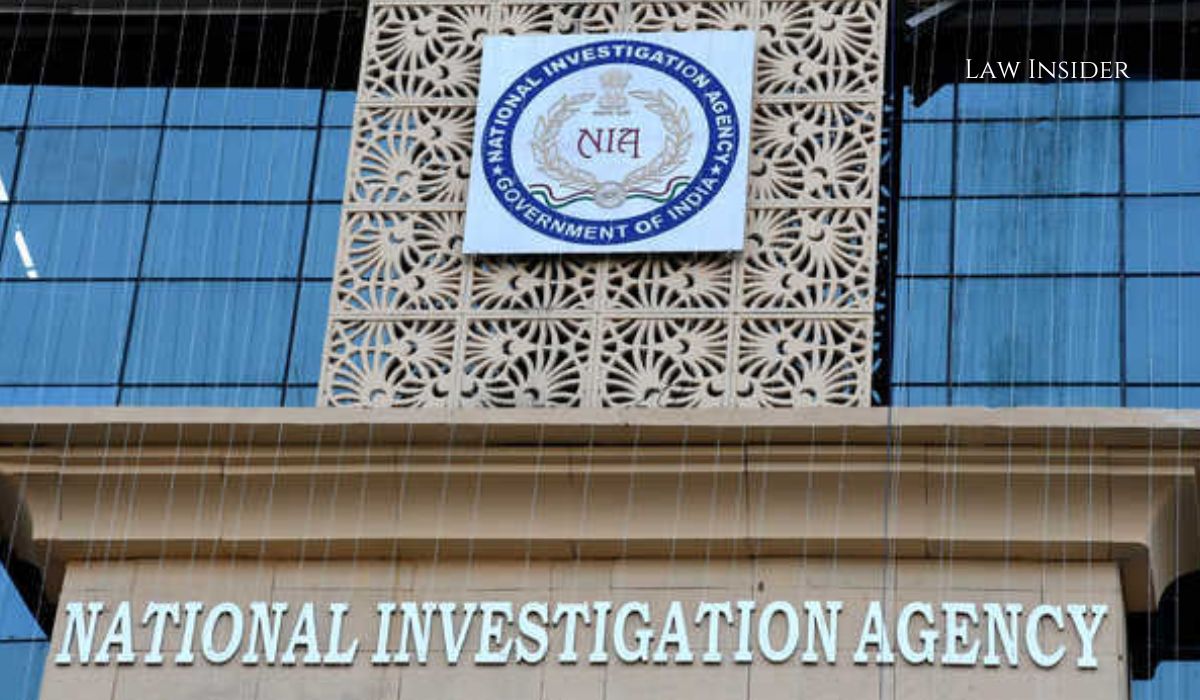Khushi Bajpai
Published on: 28th September, 2022 at 20:53 IST
The first of the seven discharge applications submitted by the defendants in the 2018 Bhima Koregaon case was heard in court in Mumbai on Tuesday.
The matter has been pending in the pre-trial stage since 2018, and the hearing on discharge is the first step toward formulation of charges, thereby launching the trial.
This development complies with the Supreme Court’s August directives, which asked the special court to rule on the formulation of the charges within three months.
The National Investigation Agency (NIA) responded to the discharge petition that the defendants, Sudhir Dhawale, Mahesh Raut, Dr. Anand Teltumbde, and Jyoti Jagtap, had already submitted by vigorously opposing it.
Three further discharge requests were submitted on Tuesday by the defendants Sudha Bharadwaj, Hany Babu, and Gautam Navlakha.
Rajesh Katariya, a special NIA judge, gave the NIA instructions on how to reply.
The judge started hearing the applications from Dhawale’s application in the meanwhile.
Advocates R Satyanarayanan and Neeraj Yadav stated in response to Dhawale’s appeal that he had donated his name to the Elgar Parishad event among other organizers including retired judges Justices PB Sawant and BG Kolse Patil.
According to his application, Dhawale, the publisher of a left-leaning Marathi journal, was detained on June 6, 2018, eight days after the Elgar event, following the filing of a FIR.
According to Dhawale’s attorneys, the advocated for upholding democracy and nonviolent protest in compliance with the Indian Constitution’s fundamental right to free expression. Satyanarayanan argued that the reason the current case was brought against him was because he urged people to not vote the BJP back into power.
It was further argued that the inclusion of two additional people as defendants in the FIR despite their absence from the incident revealed the investigation’s bias and ulterior motives, which enabled the insertion of fabricated electronic records into their computer hard disks and the staging of a pre-planned discovery.
The NIA claimed that the Dhawale, Raut, Teltumbde, and Jagtap discharge applications’ grounds were invalid in its reply-affidavit.
It was said that the inquiry showed Maoist leaders were organizing the event and gaining support for it.
The response contained correspondence purportedly between members of the Communist Party of India (Maoist), who were said to have supported the unrest in Pune’s rural areas.
As stated in the letter, Dalit sentiments are unmistakably opposed to the Brahmin-cantered agenda of the BJP/RSS.
“Bhima Koregaon agitation was very effective, and the unfortunate death of a youth must be exploited to prepare future agitations and propaganda for the intentions behind the Bhima Koregaon incident,” the response emphasized.
The agency also learned from the inquiry that the banned organization’s strategy was purportedly to deceive the Dalits in society and lead them down a violent path.
The Special Court also denied an appeal made by the 80-year-old P Varavara Rao, who wanted to stay in Hyderabad for three months to undergo cataract surgery.
“The process of setting charges would be drawn out if the applicant was allowed to travel to and stay in Hyderabad for three months. It would not be proper to approve the application in such a case,” Katariya, a Special Judge, presided.

